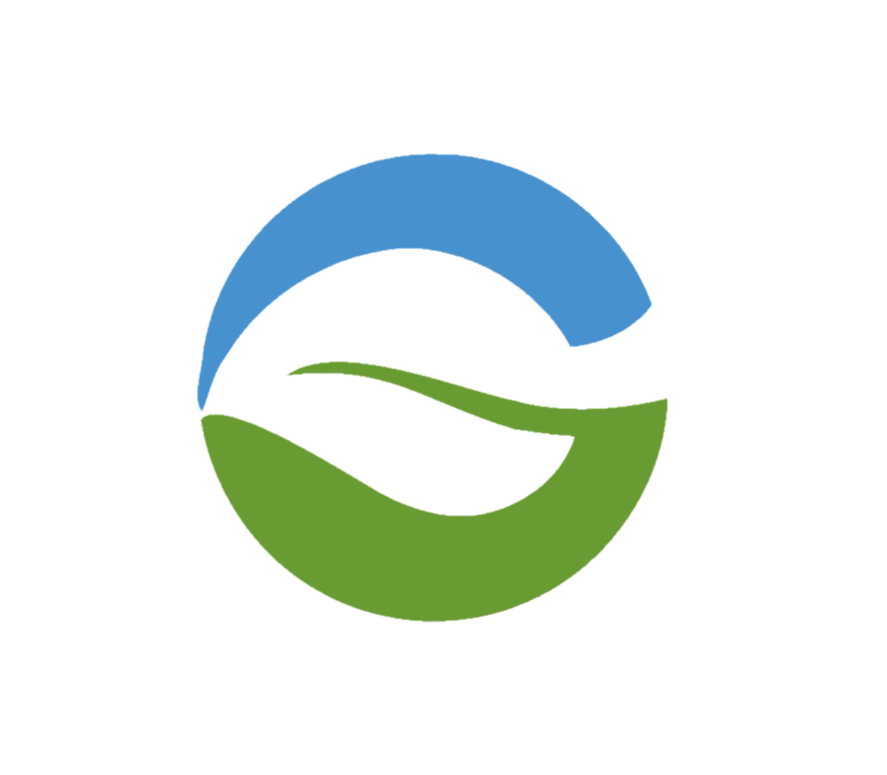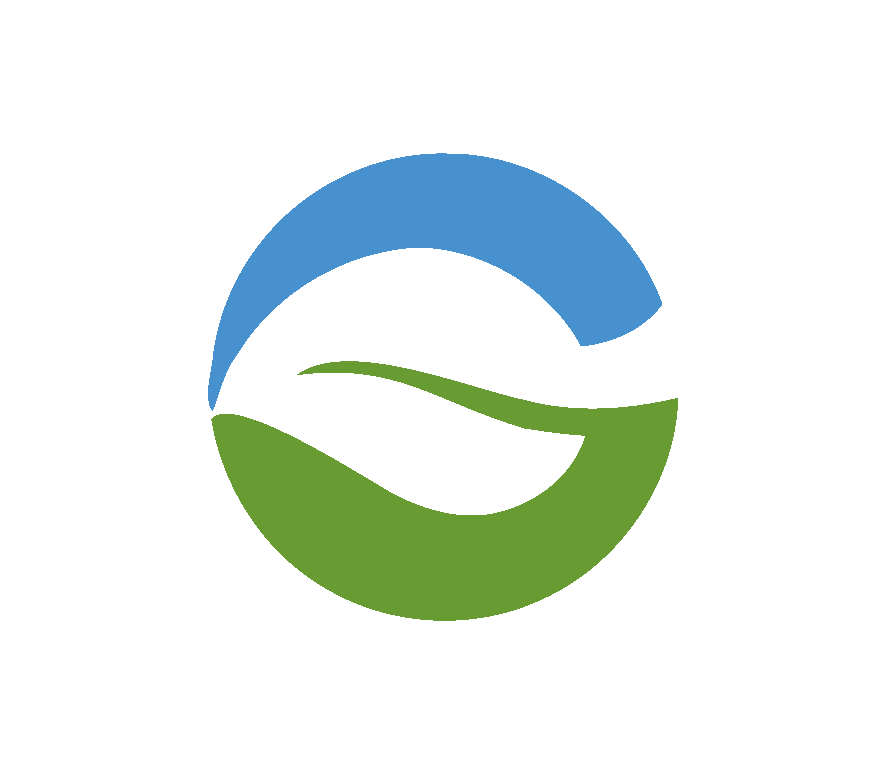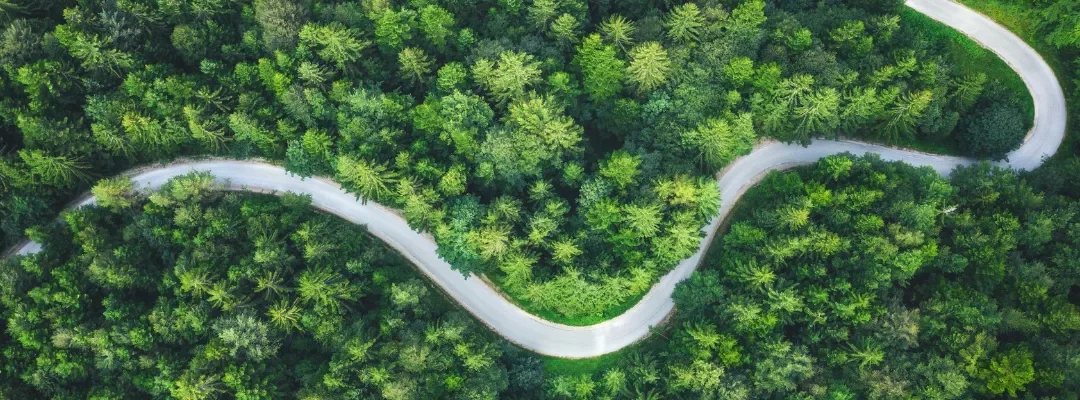Sustainable development refers to the management practice of using renewable resources for the benefit of the natural ecosystem while still being able to fulfill needs of the present and future generations. This practice is good for the entire human and natural community. The concept of sustainable development helps in building awareness for the animal and plant life by creating a balance in the surrounding human environment. It has various inorganic components such as water, soil and the atmosphere. The main goal of sustainable development is to provide all the natural resources for the present consumption based on needs and demands without compromising the consideration and availability of resources for the future population.
The process of sustainable development ensures that the goals can be achieved without causing any damage or reducing the current burden on the survival and damage levels caused to other species and the natural ecosystem. The entire movement of sustainable development is based on the contradiction of conventional modes of resource utilization, that the ideology that the needs of individual humans and the larger economic system can only be sustained by the exploitation of natural resources is wrong and completely uncalled for. Thus, the practice of sustainable development cannot be based on the use of non-renewable sources of energy and resources. Greenwater treatment solutions play a crucial role in achieving sustainable goals by emphasizing the use of renewable and eco-friendly methods. Sustainable economies should be based on the use of renewable resources such as biological productivity by complete use of solar, wind, geothermal, and biomass sources of energy creation and consumption.
However, even with the numerous advantages of using renewable sources of energy, the sustainable development process may be subjected to overexploitation and face degrees of environmental degradation. It is essential to note that the process of sustainable development will be successful only if the sources of renewable resources do not diminish natures capacity and are utilized in a way that they will always be present to sustain future generations in the long run.
To actually be sustainable thoroughly the systems of resources used must not degrade any aspects of environmental quality including the assigned value of each resource in the market place. Biodiversity is one example of a common so-called non-valuated resource, as there are various ecological services such as the cleansing of air, water, and land of pollutants by the ecosystem itself, the provision of oxygen by vegetation, and the maintenance of agricultural soil capability. These are all important values, but their importance is rarely measured in terms of money.
A concrete system of sustainable development must be capable of yielding a flow of resources for use by humans, but that flow must be maintainable over the long term and not cause new disadvantages and problems on a later date. Apart from this, an ecologically sustained economy must be capable of supporting viable populations of native species, in areas of natural ecosystems, and acceptable levels of other environmental qualities that are not conventionally valued as resources for direct use by humans alone.
It is important and high time for us to consider other living organisms and their comfort in the ecosystem apart from our own selfish needs.



Recent Comments